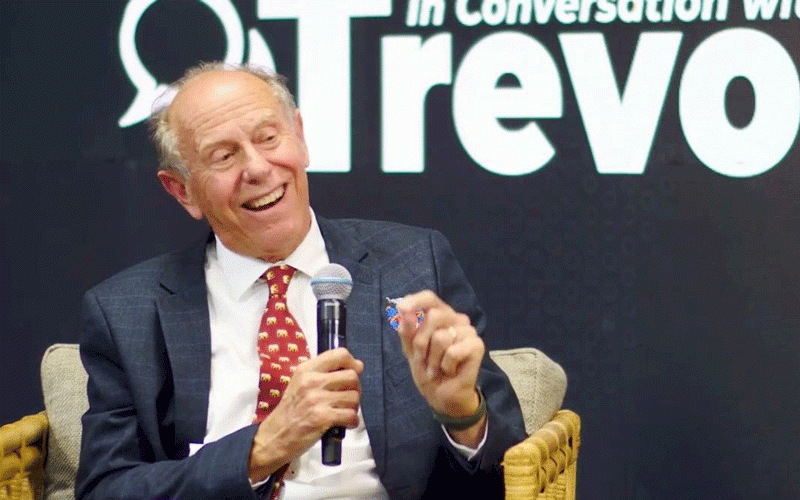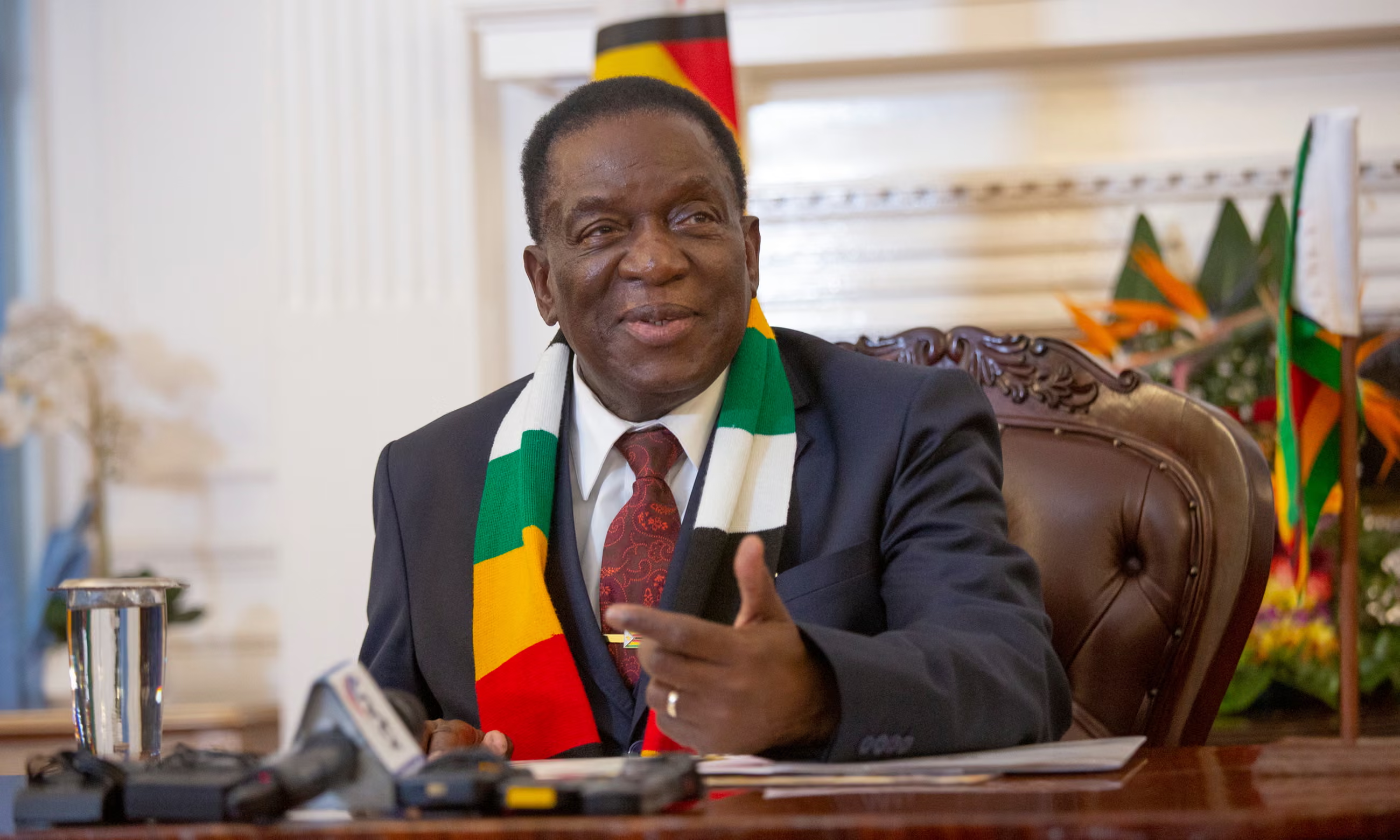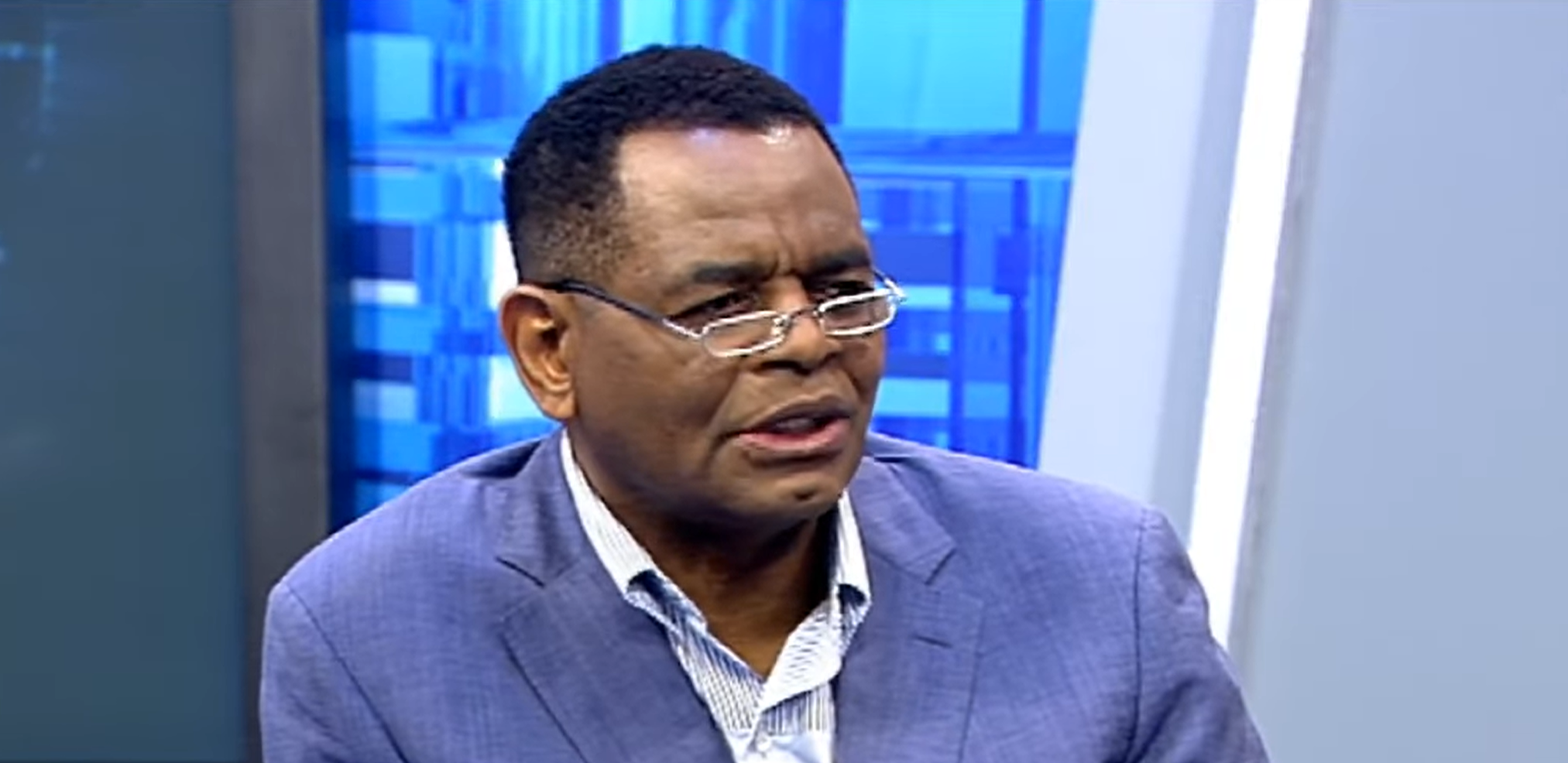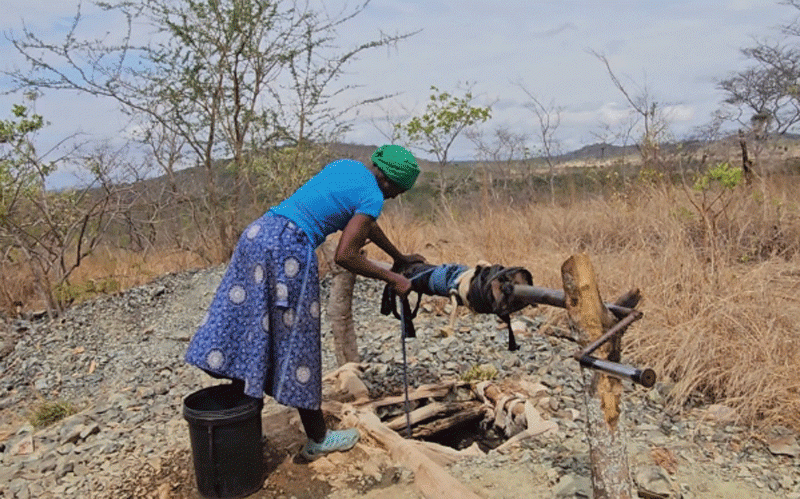
The City of Bulawayo is targeting people in the diaspora to invest back home in aggressive drive to revive the economy of what used to be Zimbabwe’s industrial hub, mayor David Coltart has said.
Coltart (DC) made the revelations on the platform In Conversation with Trevor hosted by Alpha Media Holdings chairman Trevor Ncube soon after Bulawayo held an investment conference in Harare.
Below are excerpts from the interview.
TN: Greetings, welcome to In Conversation with Trevor, brought to you by Heart and Soul Broadcasting Services. Today I'm in conversation with Senator David Coltart, the mayor of the city of Bulawayo. David, welcome for the third or fourth time on In Conversation with Trevor.
DC: Trevor, it's always good to be with you.
TN: David, I must say that I sat through the morning and watched the city council management, councilors and everybody else doing their presentation and members of the audience, investors and so forth. I was impressed by the teamwork, I was impressed by the professionalism, and I’m impressed by the image that your team is projecting to investors.
- Talk to me about this.
DC: Well, one of the wonderful things about our city is that for many decades it has been well run.
- Chamisa under fire over US$120K donation
- Mavhunga puts DeMbare into Chibuku quarterfinals
- Pension funds bet on Cabora Bassa oilfields
- Councils defy govt fire tender directive
Keep Reading
We have always prided ourselves in being the most efficient council and that goes back even to the 1950s, but it applies to the last few decades as well.
Although we have had our difficulties as a city, compared to many other cities, it is well run and I often say to the public, coming into this new role as mayor, I have been pleasantly surprised by the professionalism of many of our staff.
What we have been trying to do in the last couple of years is build greater cooperation between councillors and management.
We have introduced a couple of changes in terms of the way we run things and I was telling you earlier about one of the monthly meetings that we have, a closed door meeting where we have the chairs of our committees and the directors of management in a closed meeting, no press, no detailed minutes and it's an opportunity to thrash things out, to say where are the problem areas, how do we deal with them and everyone has the right to bring matters to the agenda.
So we open it up, but we also try to instil teamwork and I think it's reflected in this conference. This conference was not initiated by me.
TN: Because before you go there, so we are at the Khumbula Ekhaya Investment Conference, a fantastic initiative. Talk to me about why this initiative, the message that I'm getting is that we are open for business as the City of Bulawayo. I'm a Bulawayo boy, so I could do what I'm doing right now for free because I love the city of Bulawayo. Are you open for business?
DC: Absolutely, but not in the general way. So this came about primarily through our business development committee chaired by Councillor Mahlangu.
I stress I wasn't the one that initiated this. They did along with our business development officer Mr. K. Moyo and what you see here today is the fruit of their work and it's an indication that often the mayor gets all the attention, but I think it's a demonstration that actually at a lower level we have people who have the city passionately at heart, who have a good level of competence, who are working together to pull off a conference like this.
But this is just the start. We have come there already as I said in my opening remarks, we would like to take this type of thing to Johannesburg or even further because we realise that there is a lot of talent in the diaspora.
People who love the city, love the city with a passion, you know they were educated in our schools.
They got to where they are now because of what the city gave them and so we want to tap into that to say now's your time to come and pay back, invest in our city. Let's take the city to a new level.
TN: Fantastic. I want us to go to some heavy lifting.
The master plan which I think has a lot of stuff in there that a lot of people have been talking about. Talk to us about the master plan. I gather it got to be gazetted last year. Talk to us about the master plan.
DC: If you look at it from a geographical perspective you'll see that the boundaries of the city grow dramatically. If you think of where the airport is now, the new master plan takes the boundaries of the city north of where the airport is.
So if you imagine in the next 25 years that entire area which is now bush becoming residential areas and factories and the like, you'll see where we envisage our city going.
But of course it's a lot more than just about geographical area.
We are not talking about necessarily taking the city back to the 1950s where it was primarily known for large industrial operations.
We would like to make use of AI and new technology. It seems to be one of the words in the pay line.
Tourism is a huge expanding market throughout the world with air travel and the like. But our city is terribly under-marketed.
We have these unique attractions and we believe that if we can promote other areas, new areas like that using AI, tourism that we can greatly expand for energy.
We are looking at solar systems. We are working actively on trying to attract investment for a waste management facility that can convert plastic into energy, can convert plastic into aggregates, used in roads and the like. We've got a move ahead.
TN: Looking at the programme, I get the sense that you've identified problems that you're planning into opportunities, which present themselves investment opportunities.
- The problems that you have had with water presents opportunities for investors.
- The problems that you have had with sanitation presents opportunities for investors, road rehabilitation opportunities for investors and indeed investment in itself.
- Talk to me as far as your consent. Which one of these are the key problem areas that you're trying to solve?
DC: Well, water obviously is critical. Without water, you can't attract investors to a city.
And unfortunately, Bulawayo is associated with water shortages.
It's partly because of our region, but it's partly because we haven't invested in the physical infrastructures we need to. But we've made good progress in that regard.
Secondly, investors want to come into a sane environment, a clean environment, a healthy environment.
They are not going to come in and build factories or get businesses running if they feel that their workers or they themselves will get ill.
So sanitation is critical. And tied into that, let me just dwell a bit on waste management and roads that they interconnect with new technology and our pivotal position being the headquarters of the railways.
I often use this example. Bulawayo needs to be importing plastic waste from Zambia, from Botswana, from northern South Africa, from the rest of Zimbabwe using the railway to have a waste management facility which will then convert that plastic into aggregate which can be used in roads and plastic construction.
So it's that kind of forward thinking that we need.
That's sanitation. The third thing is the informal sector. We need to restore order in the city.
And by developing markets around the periphery of the city, providing an attractive environment for those in the informal sector, but critically then allowing the formal sector to operate out of the existing businesses.
TN: I had a talk of medical tourism talk to me about that. I mean, I see a lot of potential in that.
DC: Well, we've seen the development of some amazing hospitals recently.
In the last few years, we have seen the development of Cure Children's Hospital, which is an American charity, which has established this cutting edge. We have seen great expansion in Mater Dei Hospital.
It's almost doubled in capacity. And we have other proposals before us at present to build new hospitals coming into that.
If you think about medical tourism, you think about India. People fly all the way to India to get medical attention. But that's partly it's not just because of the expertise of their doctors.
It is also because of the ease and the cheapness of getting to India.
So when we talk about tourism and medical tourism and sports tourism, a key component of that is ensuring that we have much better connectivity primarily through air.
- “In Conversation With Trevor” is a weekly show brought to you by Heart & Soul TV. It’s also available on YouTube.com//InConversationWithTrevor.










